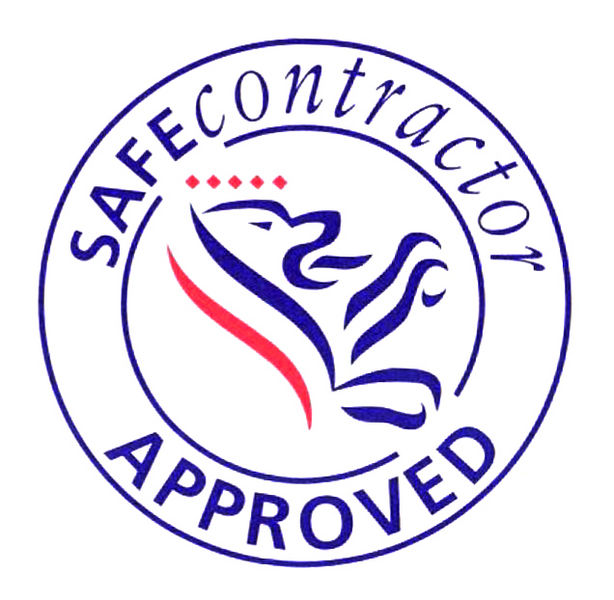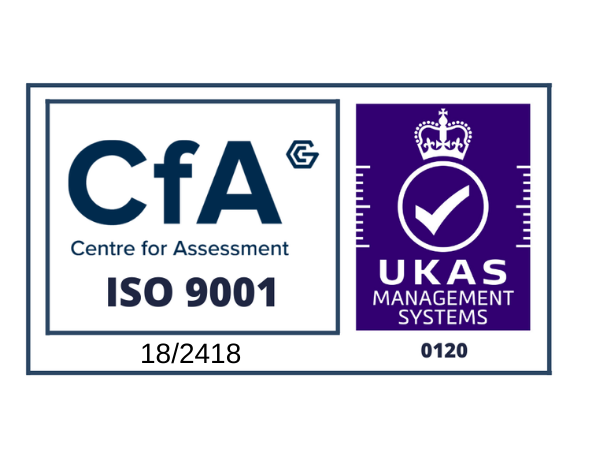The Importance of Quality Control in Steel Fabrication
The Importance of Quality Control in Steel Fabrication
Quality control is extremely important in the steel fabrication process. With construction and engineering needing structures to be strong and safe, quality control is crucial for making sure steel structures last a long time. In this article we go into the key parts of quality control in steel fabrication, talking about its impact, how it's done, the problems it faces, and why picking an excellent company partner matters.
Why is Quality Control Critical in Steel Fabrication?
Understanding the impact of quality control on structural integrity:
Quality control in steel fabrication is a systematic set of processes that ensures that the steel meets or exceeds particular standards and specifications. This stringent quality control impacts every part of the steel construction, from its fundamental strength to its aesthetic appeal. A strong quality control system, which includes thorough material inspections, adherence to fabrication industry standards, and precision metal components, serves as the foundation of structural integrity. The significance of quality control is highlighted when examining the potential risks connected with steel structures that do not fulfil high-quality standards.
Examining the consequences of neglecting quality control in fabrications:
Neglecting quality control during the fabrication process can have terrible consequences, such as structural breakdowns, costly repairs, and, in the worst-case scenario, catastrophic occurrences. Weld defects, dimension inaccuracies, and failure to satisfy required material qualities are just a few of the problems that can develop as a result of poor quality inspections. This highlights the importance of adopting a comprehensive quality control system — to avoid such risks, assure structural safety, and protect the fabrication company's reputation.
The relationship between quality control and the longevity of steel structures:
Implementing extensive quality control procedures protects a steel structure's immediate integrity as well as its long-term endurance. Preventative corrosion measures, regular quality checks, and adhering to tight fabrication standards all help to increase the life of steel structures. This long-term approach to sustaining high steel quality standards through relentless quality control in steel manufacturing emphasises the close relationship between quality assurance techniques and the durability of steel structures.
What Are the Key Quality Control Processes in Metal Fabrication?
Step-by-step quality control processes:
Quality control in metal fabrication is a complex process that begins with the initial concept and continues to the finished product. The first stage is a thorough inspection of the materials to confirm that they fulfill the specifications. This is followed by ongoing monitoring of the fabrication process, which includes rigorous visual inspections and dimension checks. Advances in technology have enabled machines to automate some of these inspection processes, increasing the efficiency and efficacy of quality checks. Furthermore, both non-destructive and ultrasonic testing are crucial in discovering internal problems without damaging the material, giving quality assurance before the product reaches the construction site.
Comparing traditional and modern inspection methods in steel fabrication:
Inspection methods in steel production have evolved from conventional visual and manual measuring procedures to current, technologically advanced technologies, considerably improving the ability to maintain high-quality standards. Traditional procedures, while successful, are time-consuming and prone to human error. Modern techniques, such as ultrasonic testing, provide a more precise and efficient method of discovering faults and assuring conformity with industry requirements. Furthermore, these developments have aided in the early discovery of possible problems, allowing for rapid fixes that follow tight quality control measures.
How Can Implementing Quality Control Ensure High-Quality Structural Steel?
Material inspection:
Material inspection is the first line of defence in assuring the quality of structural steel. Fabricators can avoid several possible problems that jeopardise the final product's strength and longevity by routinely checking that the materials used in the fabrication process meet all stipulated standards. This meticulous attention to detail—from the procurement of high-quality steel to the constant application of welding and building techniques—emphasizes the importance of quality control in producing outstanding steel structures.
Preventing corrosion and ensuring long-term durability:
Corrosion is a major hazard to the longevity of steel constructions. Quality control methods, such as the use of protective coatings and frequent maintenance checks, are crucial in reducing this risk. Fabricators can considerably improve steel structures' resistance to environmental stressors by applying tight quality control standards, assuring their longevity and extending their service life. This feature of quality control protects steel's structural integrity while also providing significant economic benefits by avoiding the need for frequent repairs and replacements.
Challenges in Maintaining Quality Control in Custom Metal Fabrication
Identifying common defects in the fabrication process:
The specialised nature of some metal fabrication projects might present particular obstacles in maintaining consistent quality control requirements. Common flaws like as porosity in welds, material distortion, and dimension mistakes can jeopardise the structural strength and aesthetic attractiveness of the finished product. Overcoming these issues necessitates the use of expert fabricators, advanced inspection technologies, and a dedication to continual improvement within the quality control system. This proactive strategy enables fabrication businesses to identify possible problems early in the process and implement remedial actions to deliver high-quality structural steel.
Training fabricators for optimal quality assurance:
The role of skilled workers in the quality control process cannot be stressed enough. A robust quality assurance plan requires fabricators and inspectors to be trained and certified in the latest quality control methodologies and industry standards. Continuous education and certification ensure that employees are up to speed on the best methods and technology in metal fabrication and quality control. This not only improves the overall quality of the fabrication process, but it also promotes a culture of continual improvement and commitment to excellence within the fabrication organisation.
Choosing the Right Metal Fabrication Partner: The Importance of Quality Control
What to look for in a metal fabrication company concerning quality control:
When choosing a metal fabrication company, the presence and thoroughness of their quality control system should be a top priority. A trustworthy partner will have a complete quality control system that includes material inspection, adherence to requirements, precise fabrication, and stringent testing processes. In addition, search for a fabrication firm that has a demonstrated commitment to continual improvement and quality assurance through employee certifications and training programmes.
Questions to ask potential fabricators about their quality control processes:
Before committing to a fabrication partner, it is critical to learn about their quality control procedures in depth. Inquire about their material inspection techniques, how they maintain specification compliance, the types of testing used (such as non-destructive and ultrasonic testing), and how they address problems detected throughout the manufacturing process. Understanding their approach to maintaining quality standards can give you insight into their capacity to produce high-quality structural steel that fulfils your project's specifications.
The role of certifications in verifying a fabricator's commitment to quality:
Certifications demonstrate a fabricator's dedication to quality control and assurance. Recognised industry certifications demonstrate a fabrication company's commitment to established quality standards and best practices. They also show a commitment to continued training and development. When considering possible fabrication partners, prioritise those who have applicable certifications, since these offer as physical proof of their commitment to producing high-quality goods and services.
Why Choose Bradfabs?
At Bradfabs, we take pride in the quality of our services. Every step of the way, we're committed to making sure that every project is done right We know how important your project is to you, and we’re with you every step of the way as you bring your vision to life. We hold various accreditations, including ISO 9001, a quality control standard that requires strict control over all manufacturing processes. We also have the UKCA, CSCS, and CHAS.
For us, it's about more than just getting the job done. It's about creating something beautiful and memorable for your home or business. And we want you to remember our work for years to come. That's why we work hard to provide our clients with only the most polished and professional workmanship. We don't cut corners, because we know that when you're paying for quality, it only makes sense to go all out!







